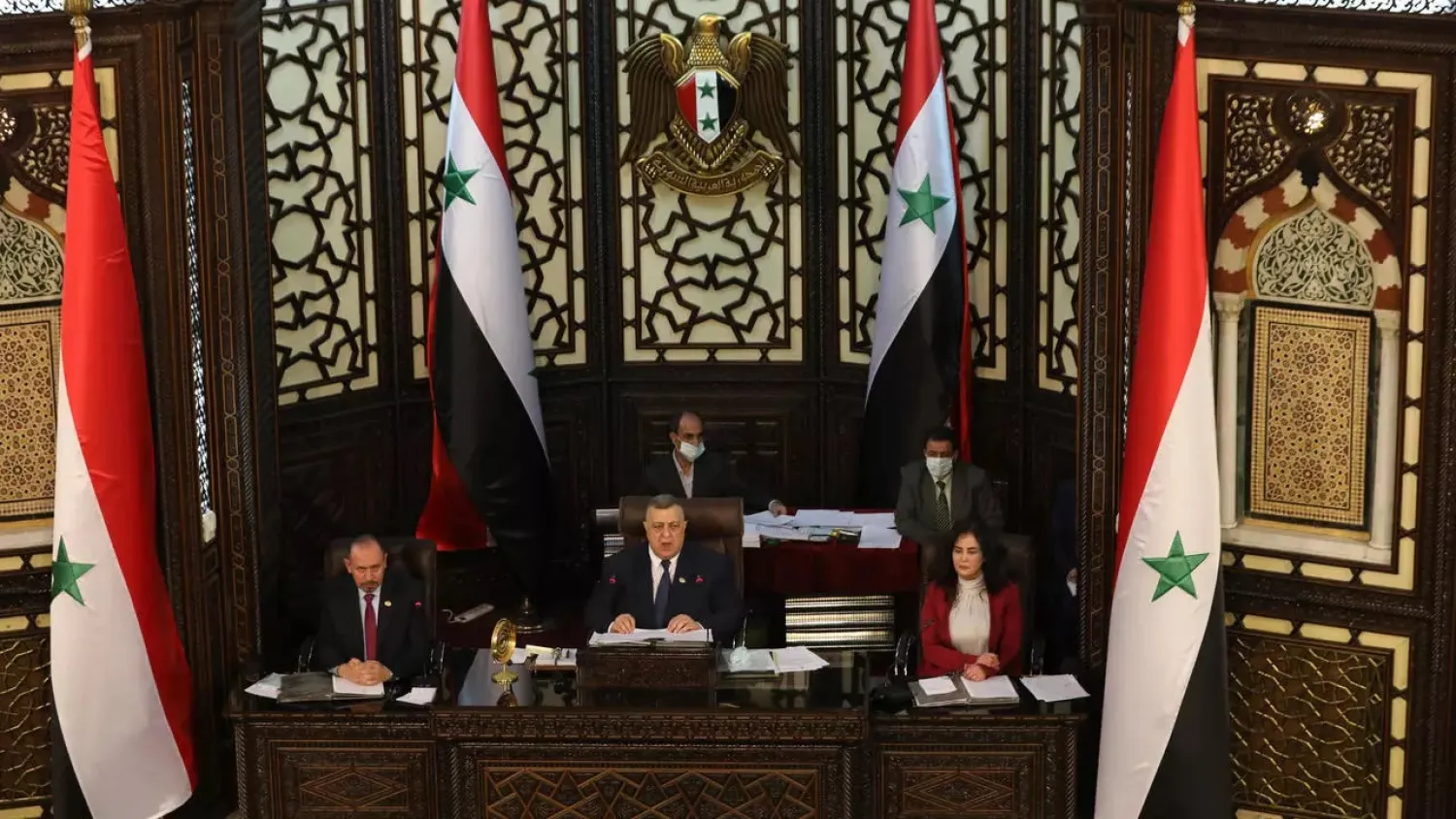A Syrian court Monday started receiving applications from presidential hopefuls, the state news agency said, for polls next month expected to keep Bashar al-Assad in power in the war-torn country.
Two candidates filed applications with the high constitutional court, state news agency SANA said, a day after the speaker of parliament announced the poll will take place on May 26.
The first was a former lawmaker, while the other had applied for the last presidential elections in 2014, but did not meet the criteria.
They will now have to garner support from at least 35 members of the 250-seat parliament, which is dominated by Assad's Baath party.
Fifty-five-year-old Assad, who succeeded his father in 2000 and has managed to cling on to power through a decade of conflict, has not yet announced his own candidacy.
Presidential hopefuls have until April 28 to put forth their candidacy for the second such vote to be held during the war.
They must have lived continuously in Syria for at least 10 years, meaning that opposition figures in exile are barred from running.
The last presidential elections in 2014 were the first such multi-candidate polls in Syria, but only two other candidates were approved and Assad won with an official 88 percent of the vote.
The government has since won back large parts of the country from opposition and extremist factions.
But Syria is also battling a dire economic crisis compounded by Western sanctions and a financial crisis in neighboring Lebanon.
The war has killed more than 388,000 people since it started in 2011 with the brutal repression of anti-government protests, but endless rounds of talks have failed to find a political solution.









